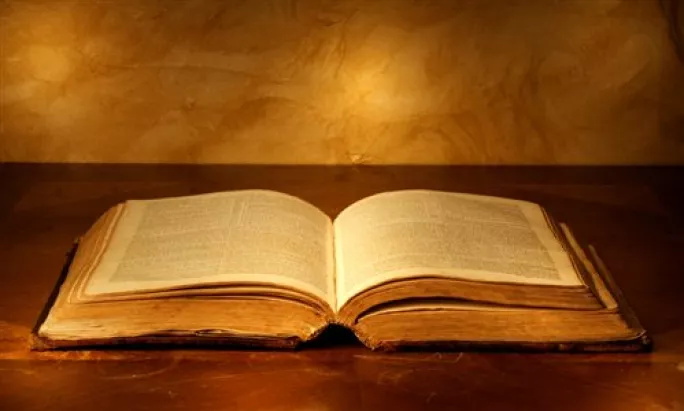This week, TES reported on a campaign to challenge a drop in the diversity of GCSE set texts. Here, Rebecca Winson from For Books’ Sake explains why the webzine launched their petition asking exam boards to strive for greater gender equality in their choice of authors.
Following the announcement of significant education reforms earlier this year, writers across the media took to their columns to rile against the “traditionalisation” of English literature GCSEs. Many focused on the exclusion of American classics, such as John Steinbeck’s Of Mice and Men.
For Books’ Sake’s #BalanceTheBooks campaign started when we looked into the figures behind the headlines and found not just American writers at a disadvantage but, overwhelmingly, women writers - to say nothing of working-class writers, LGBTQ writers and writers of colour.
If approved, the 2017 specifications will be made up of 69 per cent male-authored texts. Women writers will make up 31 per cent. The balance has never been great, but new reforms have made it even worse. A snapshot of our results shows that students taking their exams in 2017 will study 38 per cent more texts written by men than texts written by women - that’s a 12 per cent increase in disparity from this past exam year.
500,000 students sit GCSEs each year. That’s a lot of kids spending two years studying a subject where women’s voices would be viewed as less important than men’s. Our campaign is asking the exam boards to commit to gender equality in the set texts of their GCSE English literature courses, and to commit to better diversity in terms of race, class and sexuality.
With such a wealth of material to choose from, we don’t think it’s a big ask. Yes, it would mean more reforms, a bit of hassle. But ultimately it would ensure that the subject of literature reflected literature itself: not a world of dead white men, but a world as diverse, as eye-opening, as empowering as we all wish our own to be.
You can sign the petition to #BalanceTheBooks here.
Read the full article in the 26 September edition of TES on your tablet or phone or by downloading the TES Reader app for Android or iOS. Or pick it up at all good newsagents.




